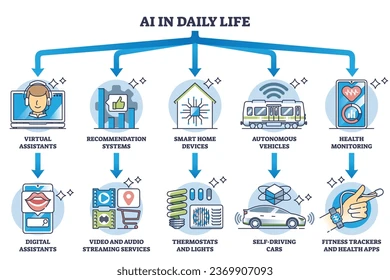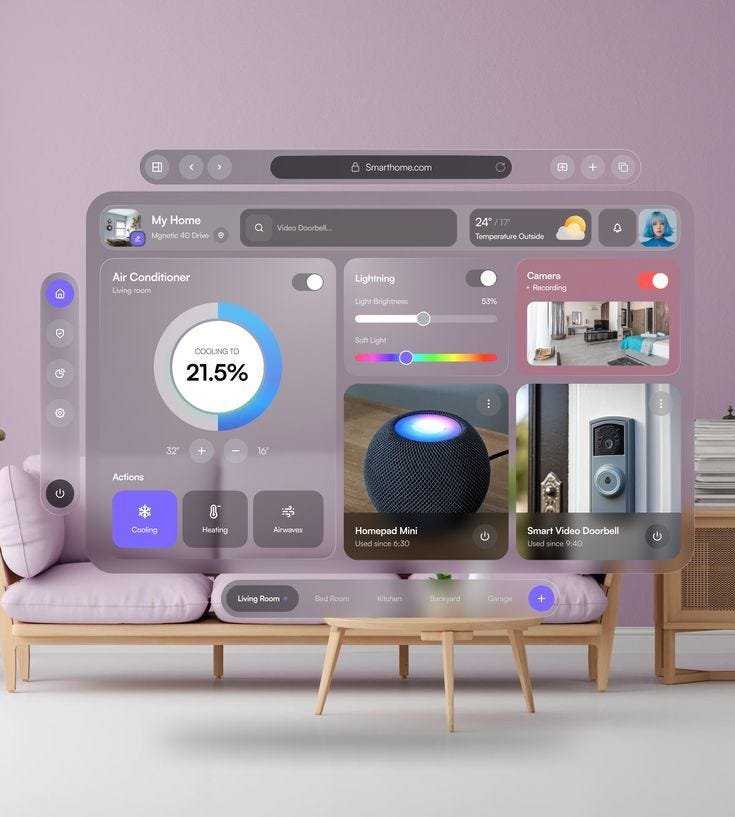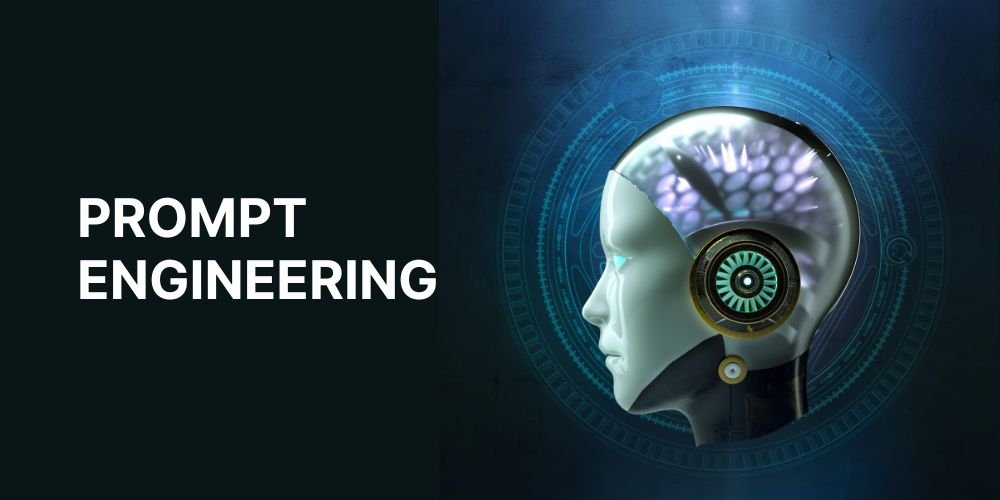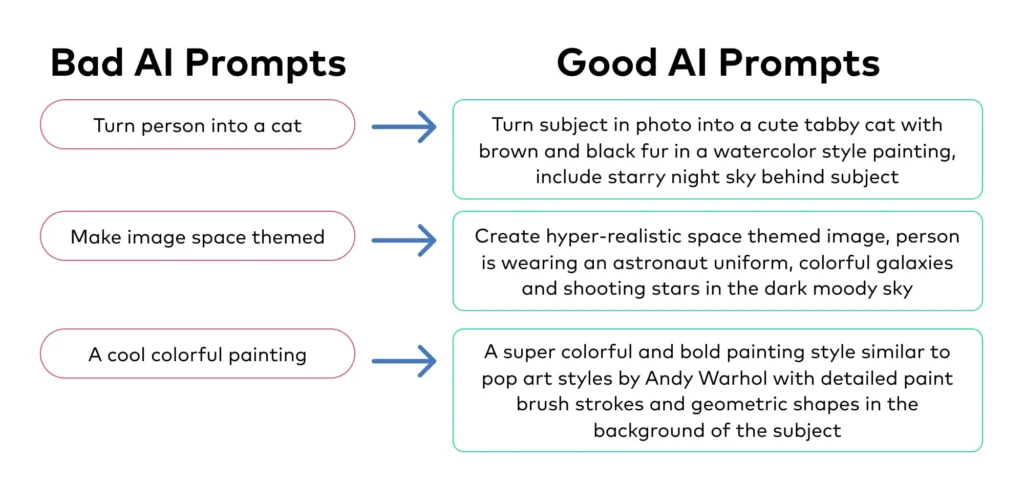
Artificial Intelligence (AI) is no longer just science fiction or something used only by big companies. Today, AI powers the tools we use every day , from our smartphones to smart homes.
Whether you’re a student, parent, freelancer, or retiree, learning how to use AI in daily life can help you:
- Save time on chores
- Improve communication
- Stay healthier
- Learn faster
- Make smarter decisions
🛠️ Step-by-Step: How to Use AI in Daily Life
1. Use Smart Assistants to Manage Your Day
What it does:
Voice assistants like Google Assistant , Siri , or Alexa can manage your schedule, play music, set reminders, and even control smart home devices.
How to use it:
- Say: “Hey Siri, remind me to call John at 3 PM.”
- Ask: “Alexa, what’s on my calendar today?”
- Command: “Hey Google, turn off the living room lights.”
📌 Best for: Hands-free task management and smart home automation.
2. Get Smarter with AI-Powered Email & Writing Tools
What it does:
AI helps you write better emails, messages, and documents by suggesting phrases, correcting grammar, and summarizing content.
How to use it:
- Use Gmail Smart Compose – gets smarter as you type
- Try Grammarly – checks tone, clarity, and grammar
- Use You.com or Bing Chat – get instant writing help
📝 Tip: Let AI draft your next email, then tweak it to match your voice.
3. Automate Home Tasks with AI Devices
What it does:
Smart home systems powered by AI learn your habits and automate tasks like adjusting thermostat settings, locking doors, or turning on lights.
How to use it:
- Set up Google Nest , Amazon Alexa , or Apple HomeKit
- Create routines like:
- “Good morning” – opens blinds, plays music, reads news
- “I’m leaving” – locks doors, turns off lights, arms security

4. Stay Healthy with AI Fitness & Wellness Apps
What it does:
AI-powered health apps track your fitness, sleep, nutrition, and mental well-being—and give personalized recommendations.
How to use it:
- Use Fitbit , Whoop , or Oura Ring – tracks activity and sleep
- Try Headspace or Wysa – AI-guided meditation and mental health
- Use Lark Health – AI coach for weight loss and diabetes prevention
📌 Best for: Improving physical and mental health through data-driven insights.
5. Learn Faster with AI Tutors & Study Tools
What it does:
AI adapts to your learning style and helps you study more efficiently.
How to use it:
- Use Duolingo – learns your pace and adjusts lessons
- Try Khan Academy’s AI Tutor – gives hints and feedback
- Ask ChatGPT or Gemini – explain complex topics in simple terms
💡 Bonus: Get help with homework, coding, or language practice—anytime.

6. Make Travel Easier with AI Navigation & Translation
What it does:
AI makes travel smoother by giving real-time directions, translating signs, and helping you find places fast.
How to use it:
- Use Google Maps – predicts traffic, suggests routes
- Try Google Translate App – translates text in real-time via camera
- Ask Siri/Google Assistant – finds nearby restaurants or gas stations
📌 Best for: Travelers, commuters, and explorers.
🚀 Final Tips for Using AI in Daily Life
- Start small—pick one area where AI can help you save time or reduce stress.
- Combine AI with human judgment—don’t rely solely on AI for important decisions.
- Explore free tools before upgrading to premium versions.
- Always protect your privacy when sharing data with AI services.
- Keep learning—new AI tools are being released all the time!
❓ Frequently Asked Questions (FAQs)
Q1: Do I need technical skills to use AI in daily life?
A: No! Most AI tools designed for daily use are user-friendly and require no coding or technical background.
Q2: Is using AI in daily life safe?
A: Yes, as long as you use trusted platforms and avoid sharing sensitive or private information.
Q3: Can AI replace human interaction or thinking?
A: No. AI is best used as a tool to support and enhance human abilities—not replace them.
Want more tips on using AI in daily life? Subscribe to our newsletter and get weekly updates on new tools, tutorials, and guides straight to your inbox!






0 Comments